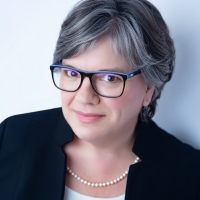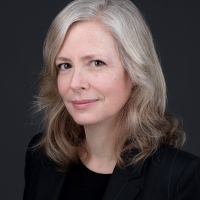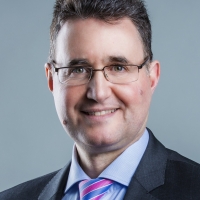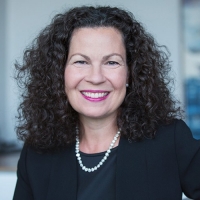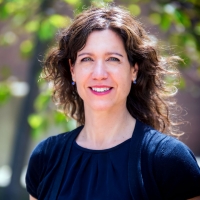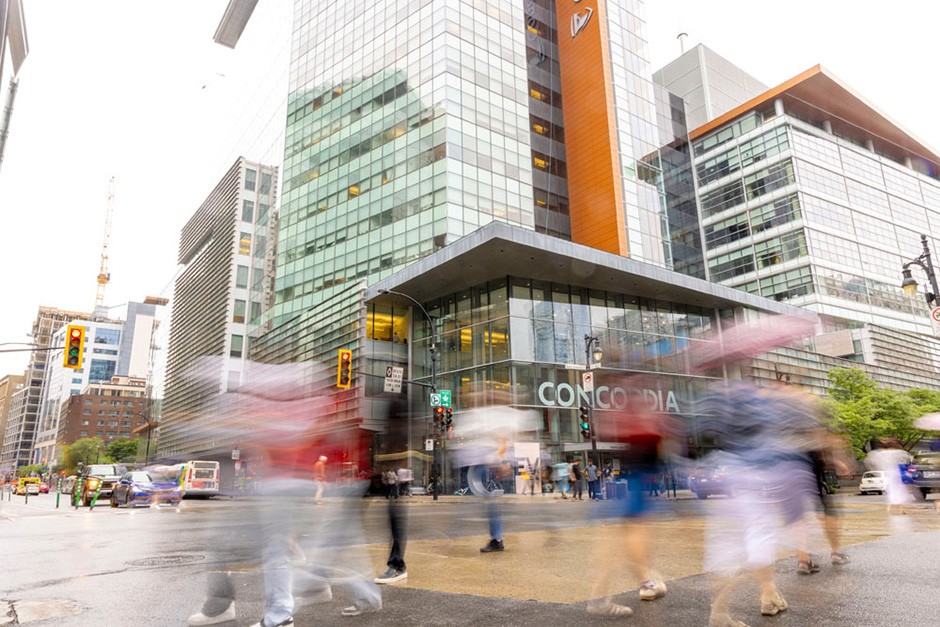Whether on the bustling Ste. Catherine Street or De Maisonneuve Boulevard in downtown Montreal’s Quartier Concordia, or on the vibrant stretch of Sherbrooke Street in Notre-Dame-de-Grâce (NDG), Concordia’s presence is undeniable. The university doesn’t just occupy space; it breathes life into the city.
Thousands of students fill the streets and public transportation, heading to classes, labs, the sports field or the library. More than 50,000 individuals — including faculty, staff and visitors — fill cafés, shops and restaurants during the day, and bars, music venues and other sites at night. They bring a youthfulness, energy, joie de vivre and international flavour, helping solidify Montreal’s ranking as one of the top 10 student cities in the world.
The university also supports the city in ways that may be less evident, yet more quantifiable. According to Economic Impact Assessment of Concordia University, an independent report released in December 2023, Concordia generated nearly $2 billion in value added to the economies of Montreal and Quebec in 2022 alone.
“This assessment puts a dollar figure — a very significant one — on what we’ve long known: that Concordia alumni, researchers and students, as well as the university itself, provide our local economy with a major, quantifiable economic benefit,” says President Graham Carr.
The report breaks down these contributions into three principal areas: $925 million in human capital enhancement through the university’s 179,000 graduates working in the province; $301 million through research conducted and disseminated by Concordia; and $763 million spent by Concordia as well as its students and visitors from outside Quebec.


